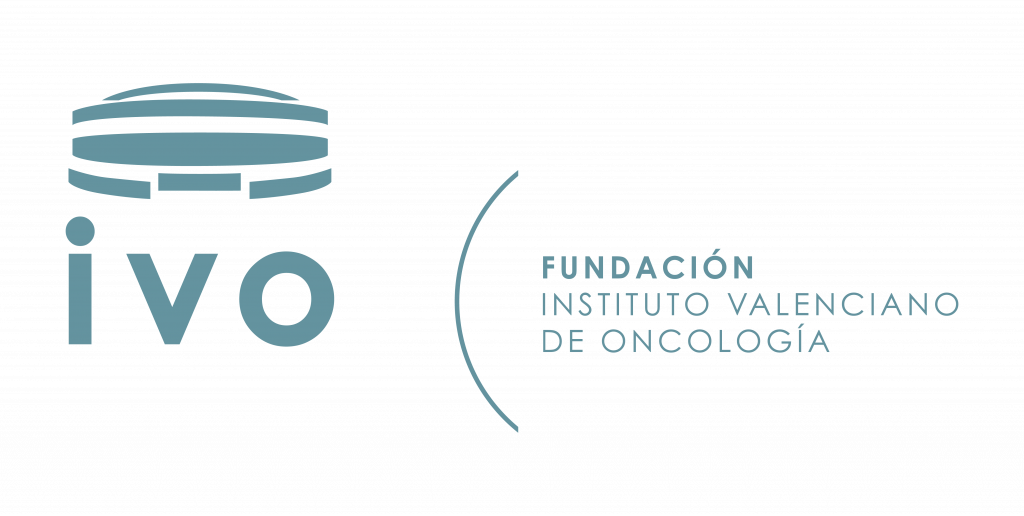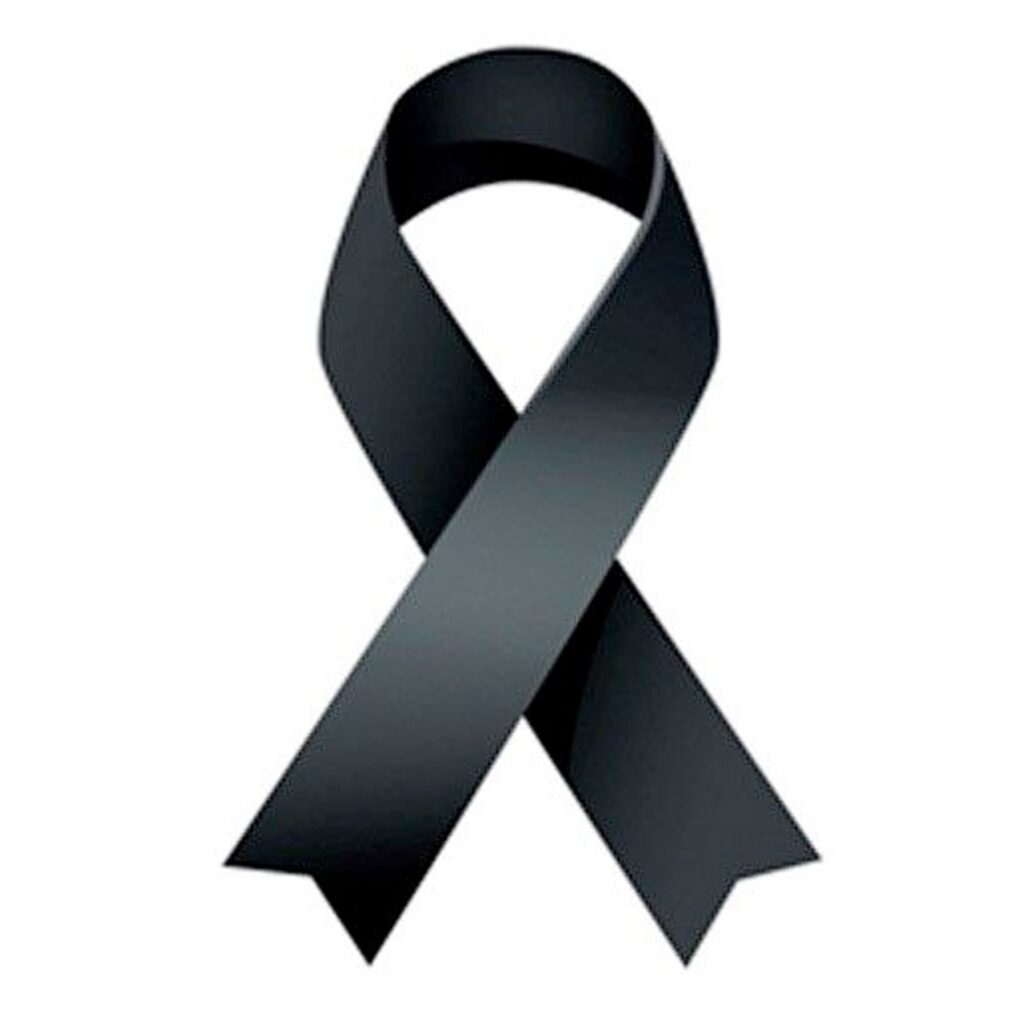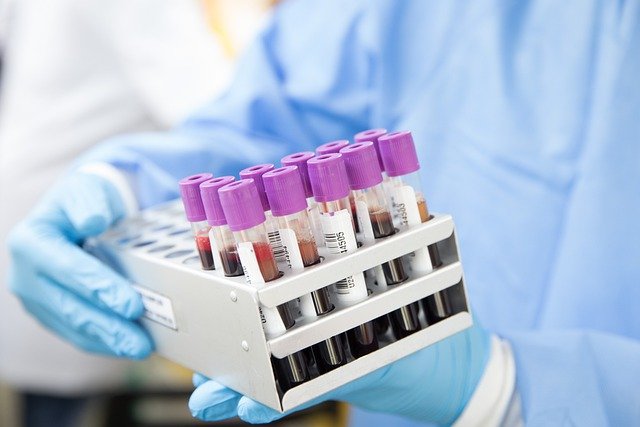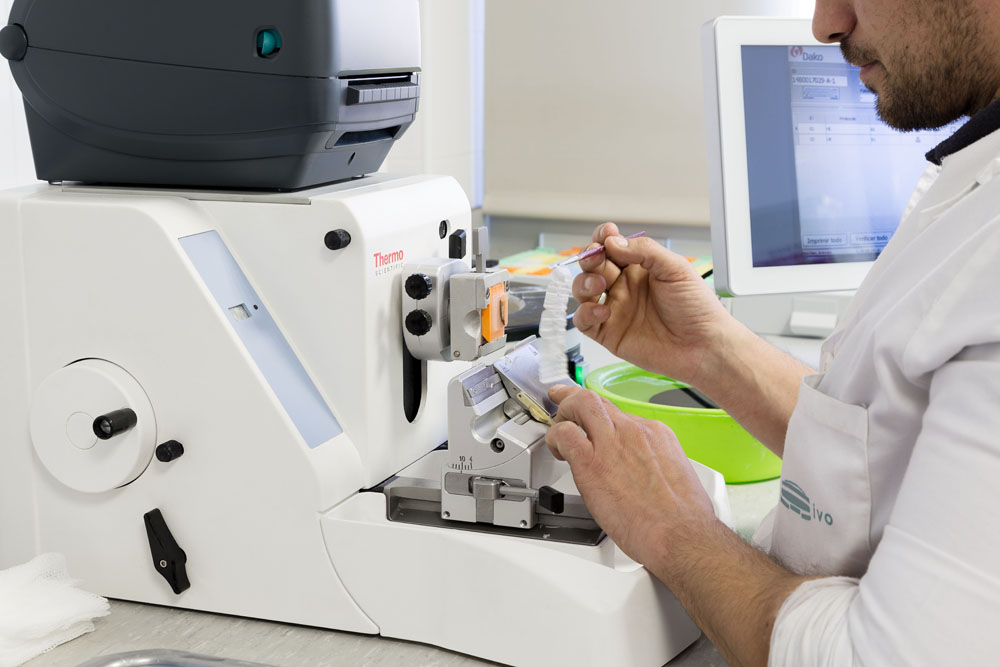This includes more than 20 different types. From a practical point of view, NHL can be divided into two main groups based on their speed of growth:
Aggressive lymphomas (also know as high-grade lymphomas), which tend to grow and spread rapidly and cause severe symptoms. The most common ones are: diffuse large B-cell lymphoma (1/3 of all lymphomas), mantle cell lymphoma, peripheral T-cell lymphoma, Burkitt lymphoma, and lymphoblastic lymphoma.
Indolent lymphomas, also called low-grade lymphomas, behave less aggressively, with lymphadenopathies that can evolve for years while preserving their general condition. The most common of these are: follicular lymphoma, small lymphocyte lymphoma (similar to CLL, chronic lymphocytic leukemia), lymphoplasmacytic lymphoma/Waldenström’s macroglobulinemia, marginal zone lymphoma (including MALT lymphomas) and cutaneous lymphomas.
The symptoms of lymphomas are highly variable and depend on the specific type of lymphoma. In general, the most common symptom is the presence of a lymph node lymphadenopathy (enlarged lymph node)—which is usually not painful—in the neck, armpit or groin. Some patients may have an unexplained fever, night sweats (to the point of soaking their clothes), weight loss greater than 10% in the last six months, tiredness, itchy skin and reddish skin patches.
To make an accurate diagnosis, a biopsy of one of the enlarged lymph nodes should be taken and a disease extension study (tests to find out how many lymph node territories are affected) should be performed. Blood tests, one or more imaging tests (X-rays, ultrasound, CT, PET) and a bone marrow biopsy (biopsy of the hip bone) should be performed to assess the state of the bone marrow.
The treatment of lymphomas varies depending on the extent of the disease, but it is always based on the administration of different chemotherapy regimens and, on occasion, radiotherapy is associated with the affected areas. In patients considered high risk (with a very high risk of disease relapse) and especially after a relapse, autologous haematopoietic stem cell transplantation is prescribed.






